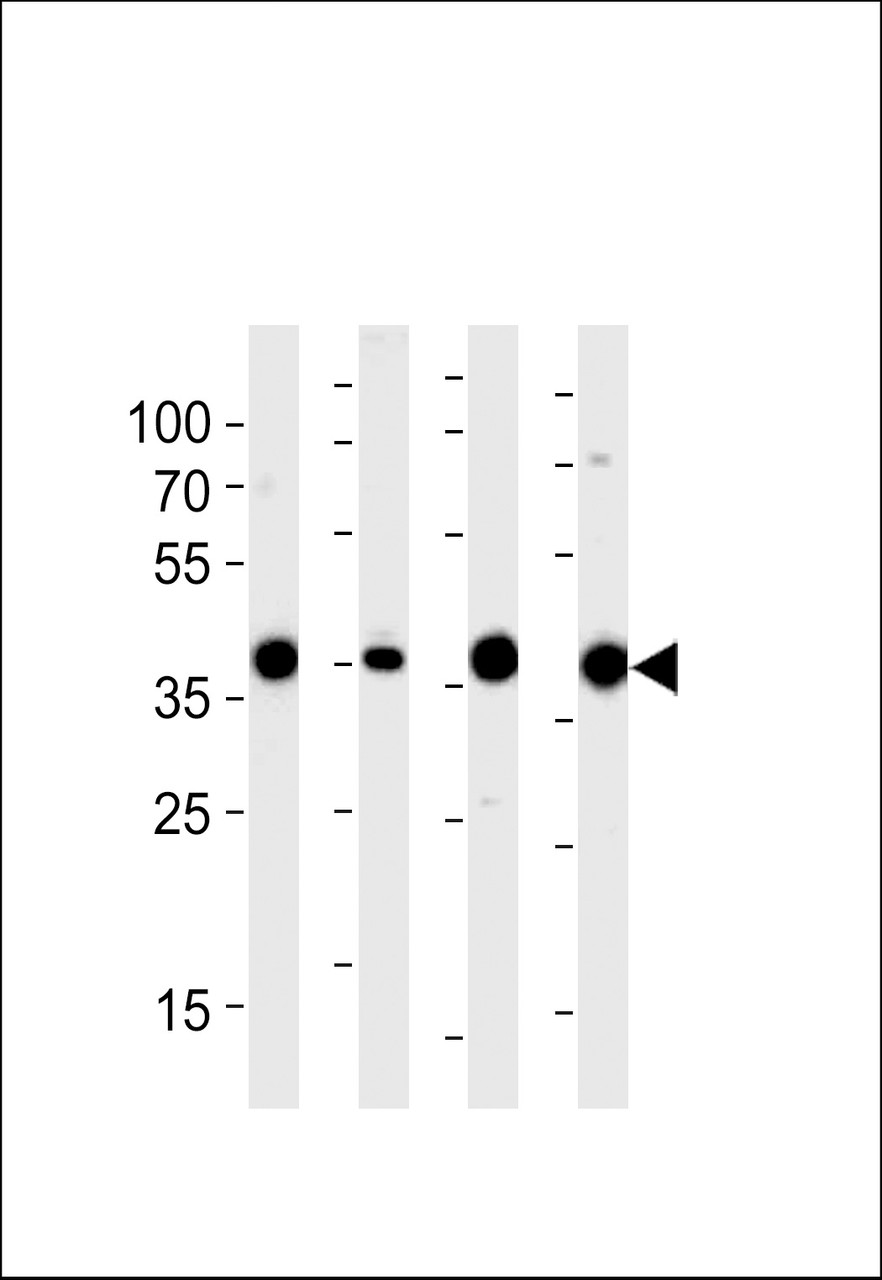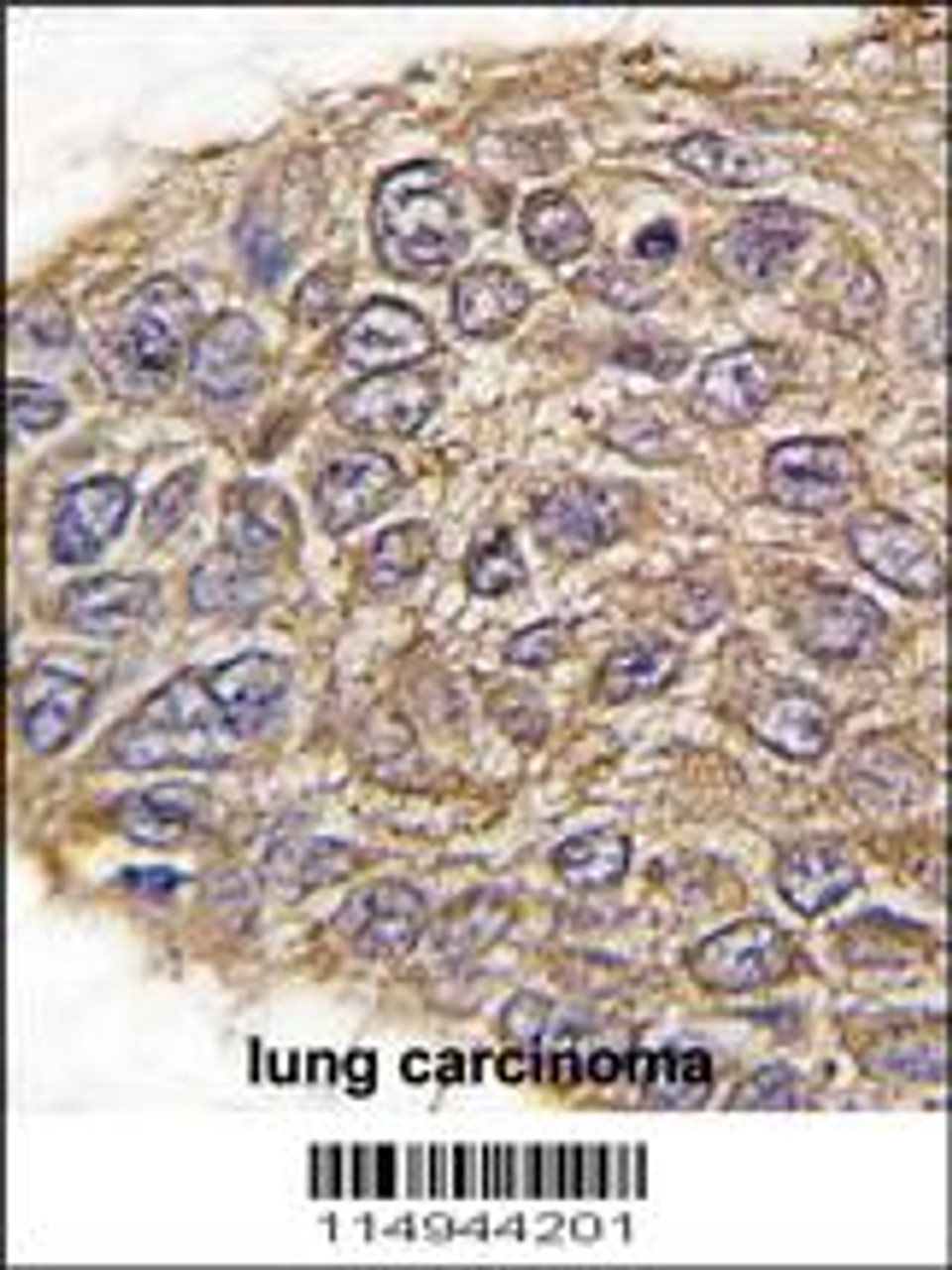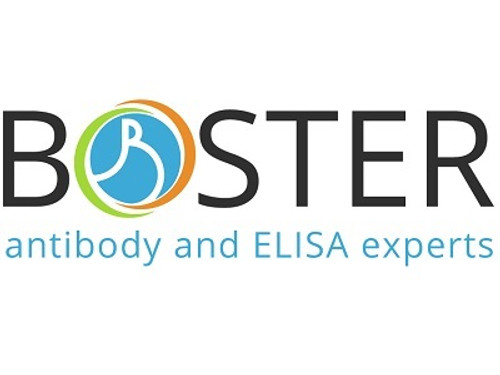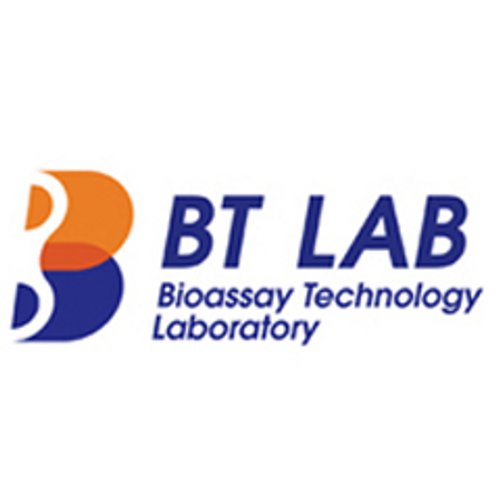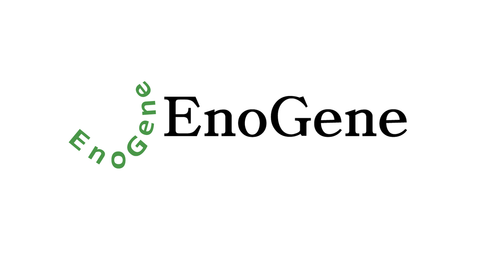Product Description
Aldolase Antibody | 61-456 | ProSci
Host: Rabbit
Reactivity: Human
Homology: Predicted species reactivity based on immunogen sequence: Mouse, Rabbit, Rat
Immunogen: This Aldolase (ALDOA) antibody is generated from rabbits immunized with a KLH conjugated synthetic peptide between 66-95 amino acids from the N-terminal region of human Aldolase (ALDOA) .
Research Area: Cancer, Obesity, Signal Transduction
Tested Application: WB, IHC-P, IF
Application: For WB starting dilution is: 1:1000
For IHC-P starting dilution is: 1:10~50
For IF starting dilution is: 1:10~50
Specificiy: N/A
Positive Control 1: N/A
Positive Control 2: N/A
Positive Control 3: N/A
Positive Control 4: N/A
Positive Control 5: N/A
Positive Control 6: N/A
Molecular Weight: 39 kDa
Validation: N/A
Isoform: N/A
Purification: This antibody is prepared by Saturated Ammonium Sulfate (SAS) precipitation followed by dialysis
Clonality: Polyclonal
Clone: N/A
Isotype: Rabbit Ig
Conjugate: Unconjugated
Physical State: Liquid
Buffer: Supplied in PBS with 0.09% (W/V) sodium azide.
Concentration: batch dependent
Storage Condition: Store at 4˚C for three months and -20˚C, stable for up to one year. As with all antibodies care should be taken to avoid repeated freeze thaw cycles. Antibodies should not be exposed to prolonged high temperatures.
Alternate Name: Fructose-bisphosphate aldolase A, Lung cancer antigen NY-LU-1, Muscle-type aldolase, ALDOA, ALDA
User Note: Optimal dilutions for each application to be determined by the researcher.
BACKGROUND: Aldolase A (fructose-bisphosphate aldolase) is a glycolytic enzyme that catalyzes the reversible conversion of fructose-1, 6-bisphosphate to glyceraldehyde 3-phosphate and dihydroxyacetone phosphate. Three aldolase isozymes (A, B, and C) , encoded by three different genes, are differentially expressed during development. Aldolase A is found in the developing embryo and is produced in even greater amounts in adult muscle. Aldolase A expression is repressed in adult liver, kidney and intestine and similar to aldolase C levels in brain and other nervous tissue. Aldolase A deficiency has been associated with myopathy and hemolytic anemia.
 Euro
Euro
 USD
USD
 British Pound
British Pound
 NULL
NULL


